Notebook
-
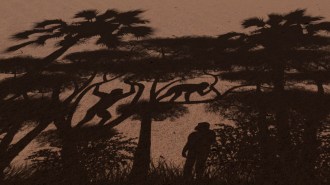 Anthropology
Anthropology50 years ago, evidence showed that an extinct human ancestor walked upright
Fossil finds have since pushed back the ability of hominids to walk on two legs by millions of years.
-
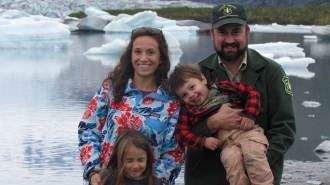 Health & Medicine
Health & MedicineA 25-year-effort uncovers clues to unexplained deaths in children
When Laura Gould’s daughter died in 1997, there was almost no research in unexpected deaths in children older than one. Gould helped change that.
-
 Paleontology
Paleontology50 years ago, trilobite eyes mesmerized scientists
Decades of research has confirmed that for such simple creatures, trilobites had astoundingly complex eyes.
-
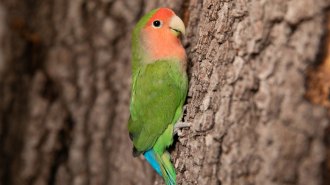 Animals
AnimalsParrots can move along thin branches using ‘beakiation’
The movement involves swinging along the underside of branches with their beaks and feet, similar to how primates swing between trees.
-
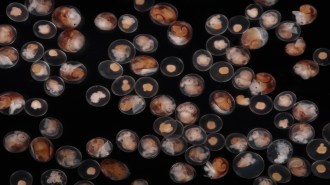 Life
LifeThese snails give live birth, and it’s the babies that may do the labor
Protecting eggs in mom’s body may have given rough periwinkle snails an advantage over egg-laying cousins, letting them spread to far more coastline.
By Susan Milius -
 Physics
Physics50 years ago, timekeepers deployed the newly invented leap second
After more than 50 years, metrologists will stop using the leap second to align the time kept by atomic clocks with the rate of Earth’s spin.
-
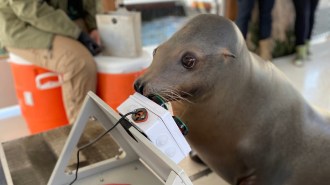 Animals
Animals50 years ago, the U.S. Navy enlisted sea lions and other marine mammals
Today, dolphins and sea lions in the U.S. Navy Marine Mammal Program protect harbors and participate in research on animal health and well-being.
-
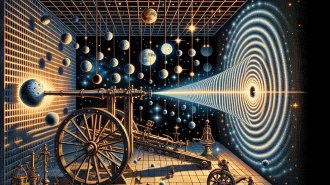 Quantum Physics
Quantum PhysicsA maverick physicist is building a case for scrapping quantum gravity
To merge quantum physics and general relativity, physicists aim to quantize gravity. But what if gravity isn’t quantum at all?
-
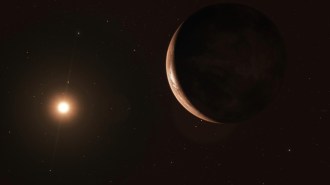 Astronomy
Astronomy50 years ago, astronomers challenged claims that Barnard’s star has a planet
Astronomers have been searching for planets around the sun’s close neighbor for decades.
-
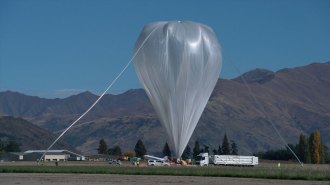 Space
SpaceA telescope dropped dark matter data from the edge of space. Here’s why
Last May, NASA’s Super Pressure Balloon Imaging Telescope crash-landed in rural Argentina. Scientists scrambled to recover the dark matter data aboard.
By Nikk Ogasa -
 Animals
AnimalsThis bird hasn’t been seen in 38 years. Its song may help track it down
Using bioacoustics, South American scientists are eavesdropping on a forest in hopes of hearing the song of the long-missing purple-winged ground dove.
-
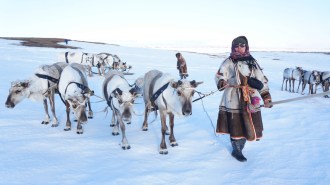 Science & Society
Science & SocietyReindeer herders and scientists collaborate to understand Arctic warming
Siberian reindeer herders and scientists are working together to figure out how to predict rain-on-snow events that turn tundra into deadly ice.
By Sujata Gupta